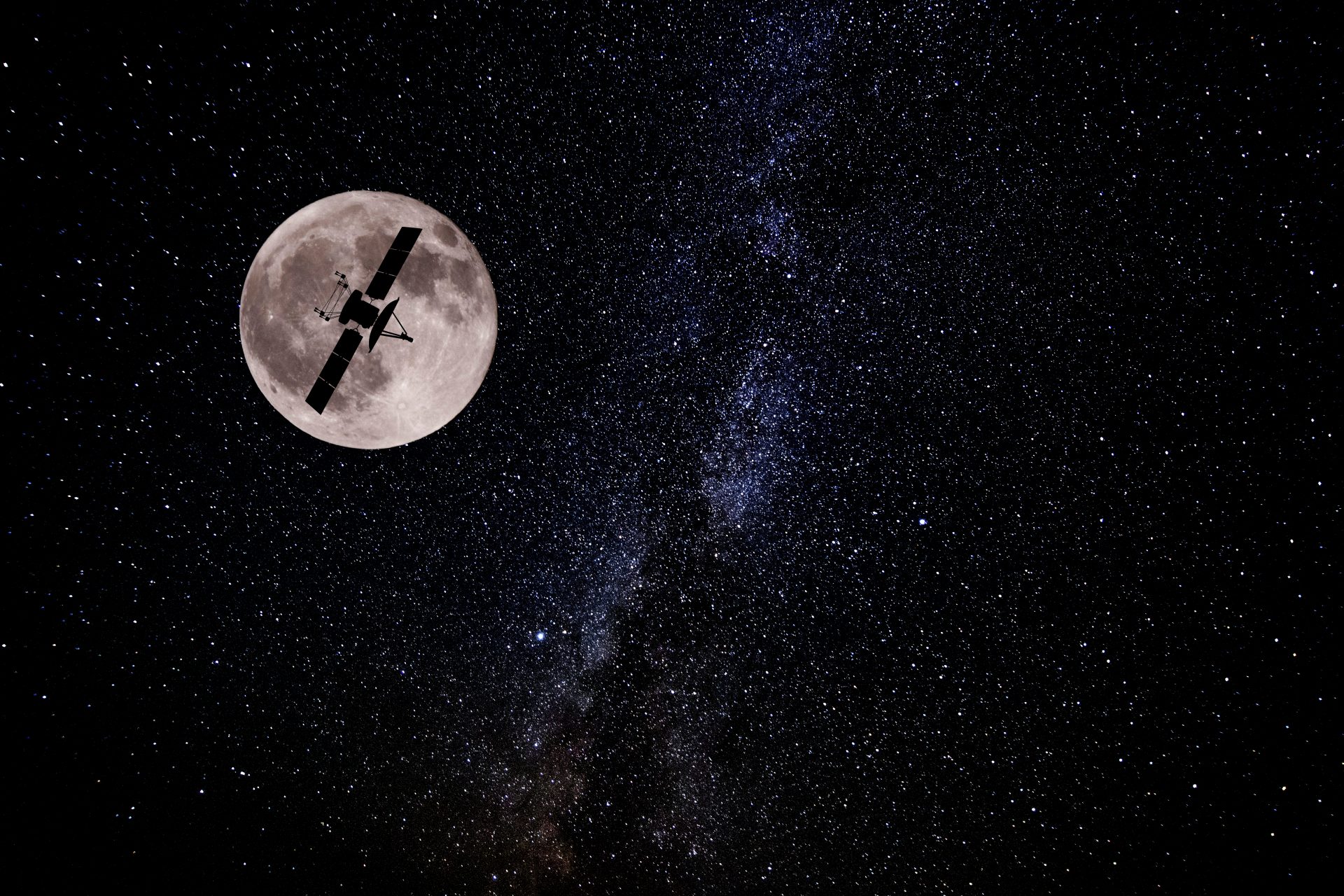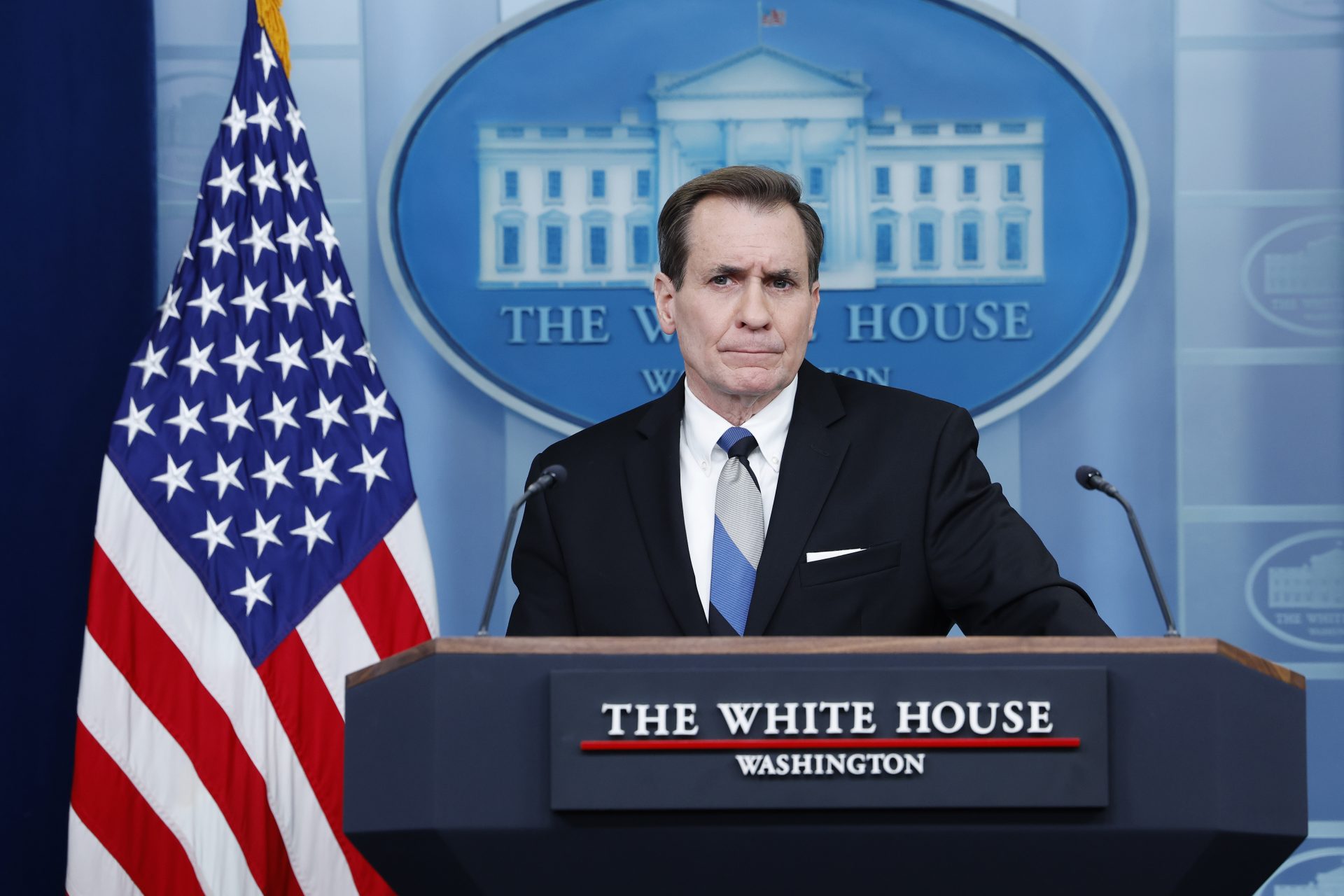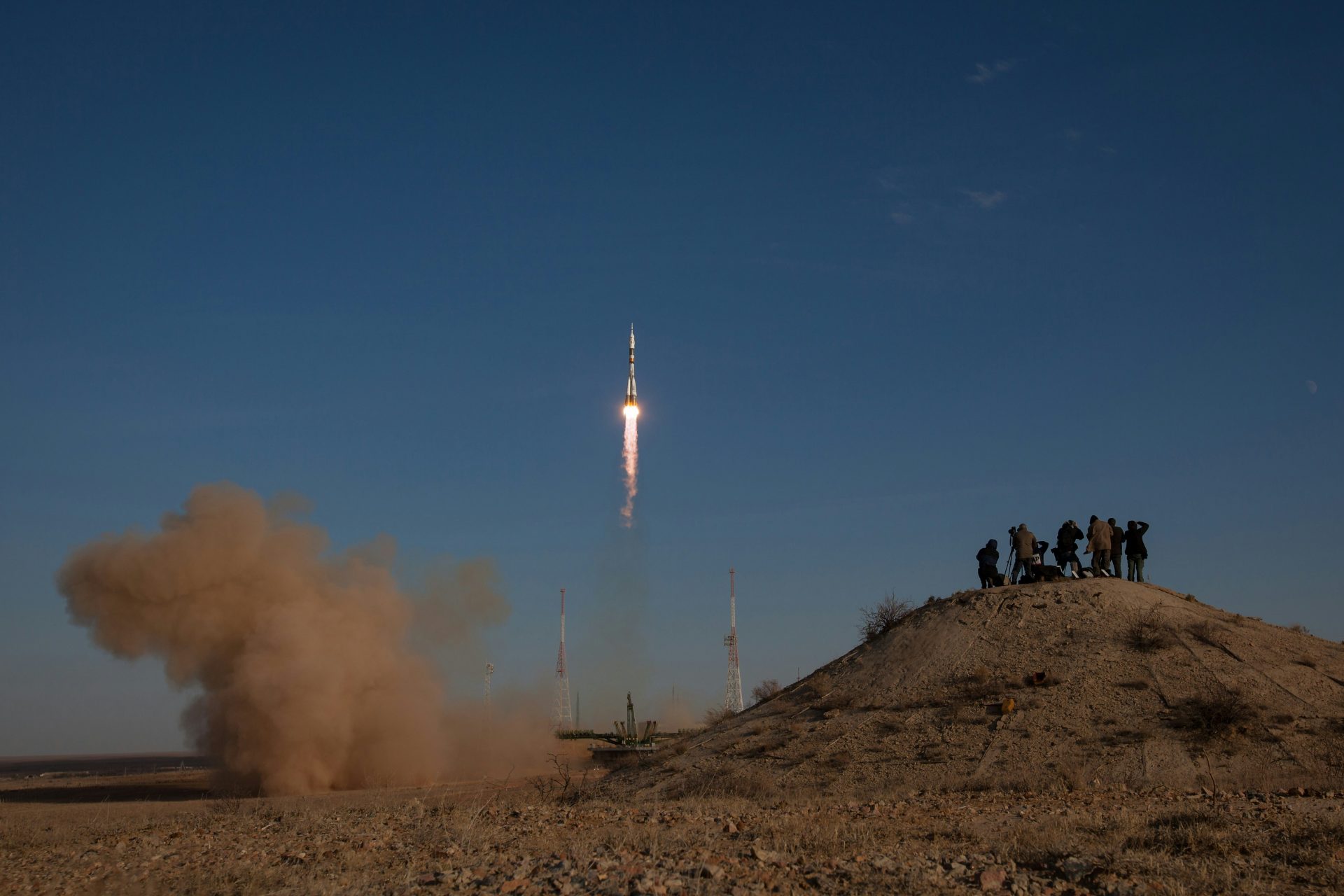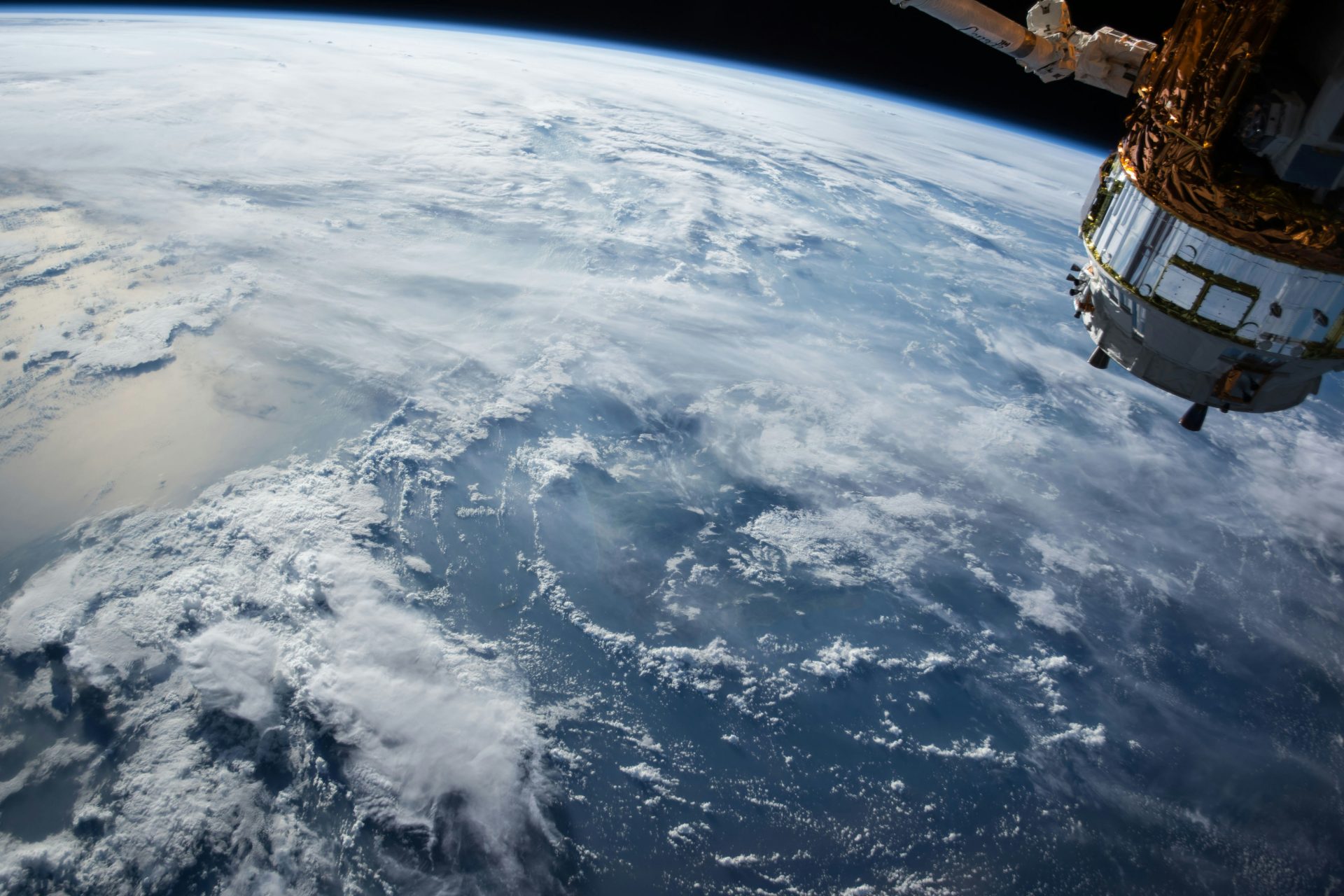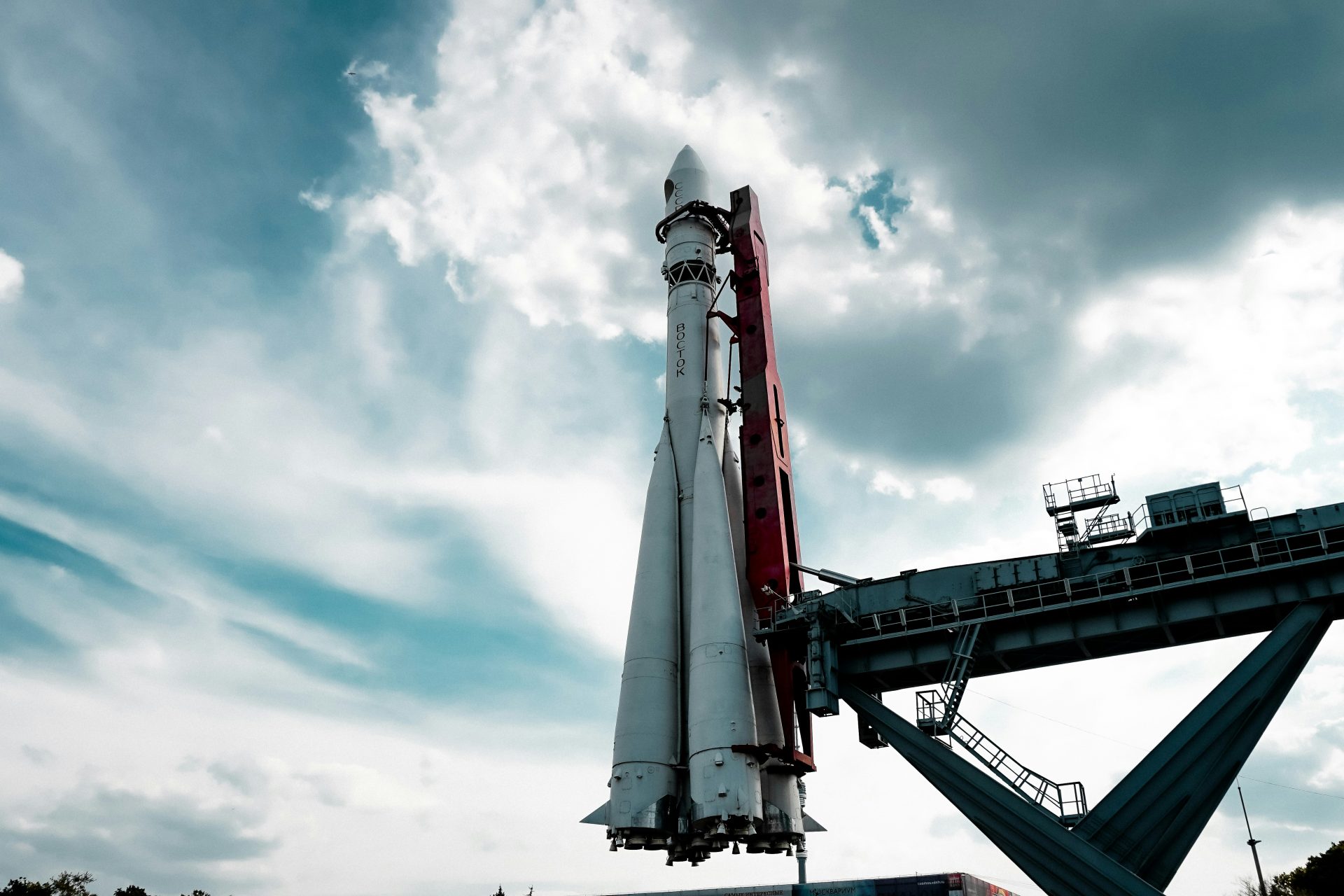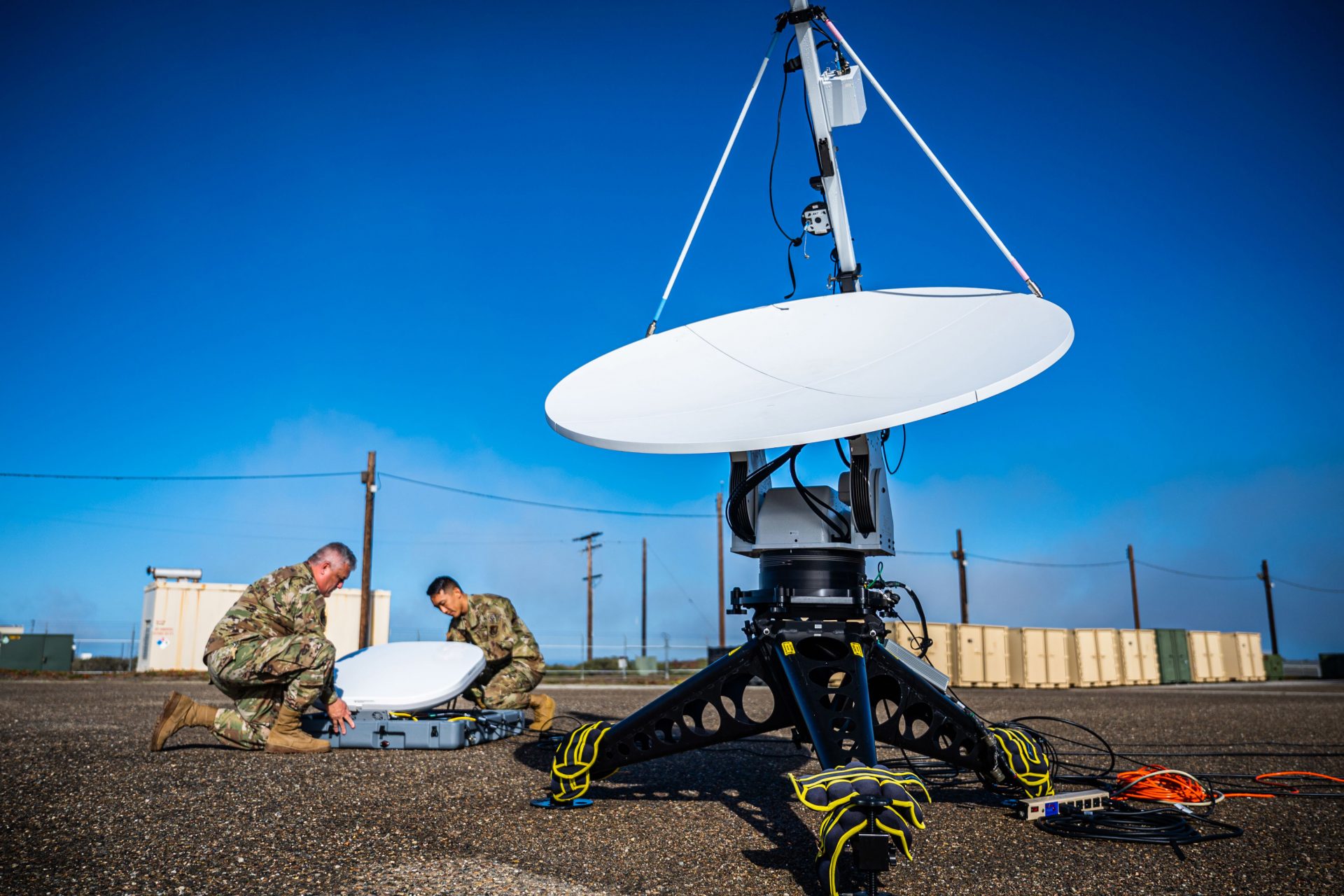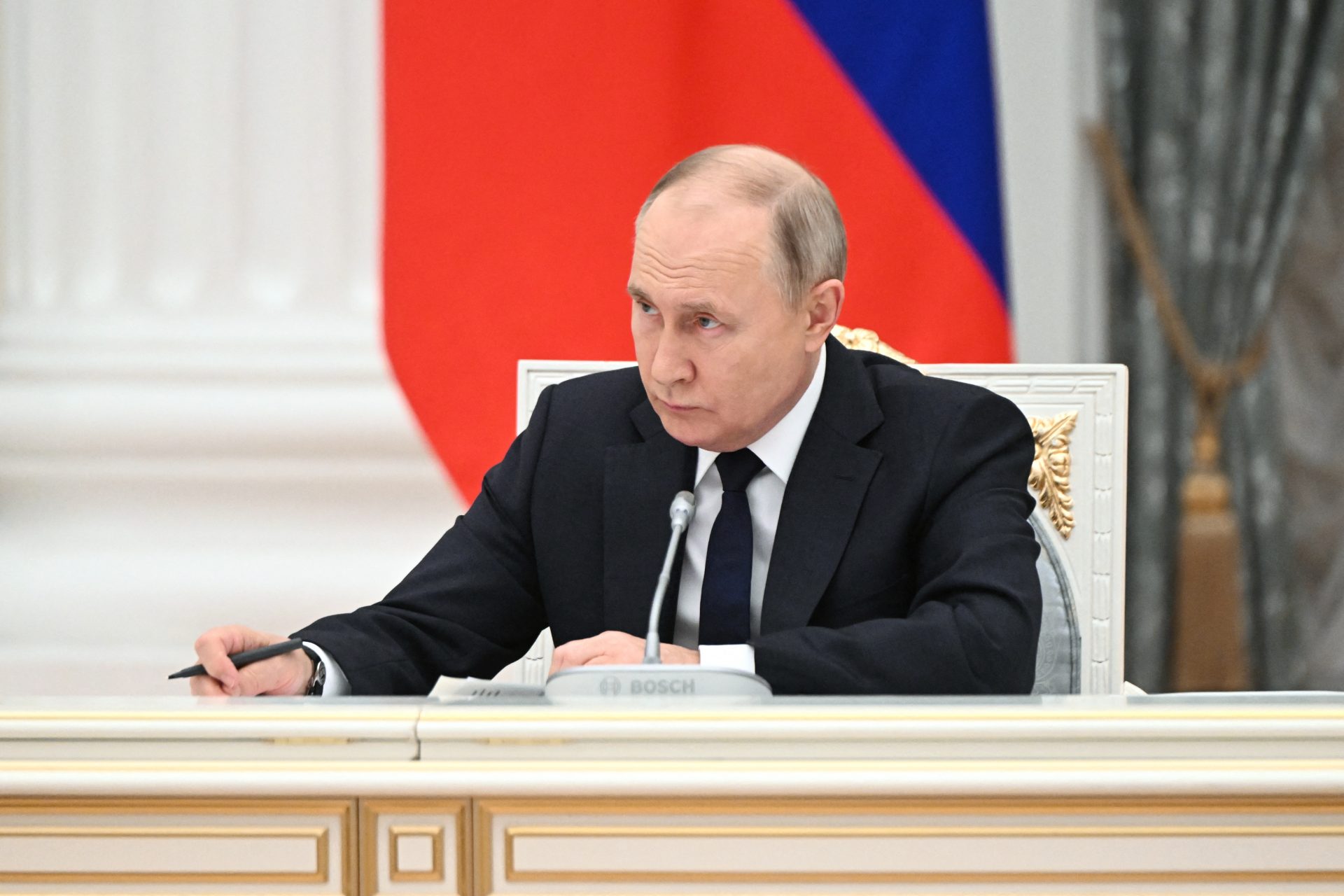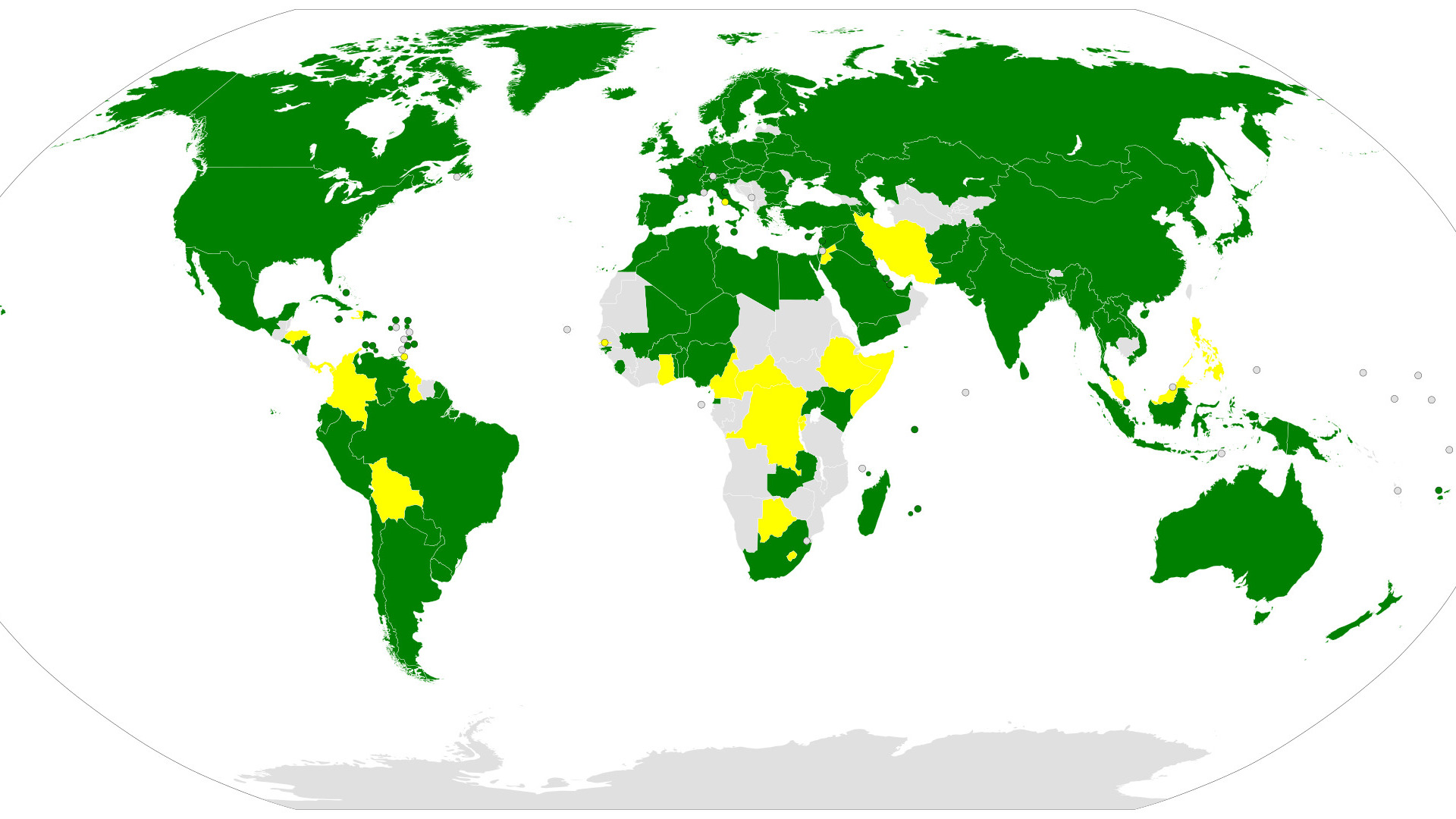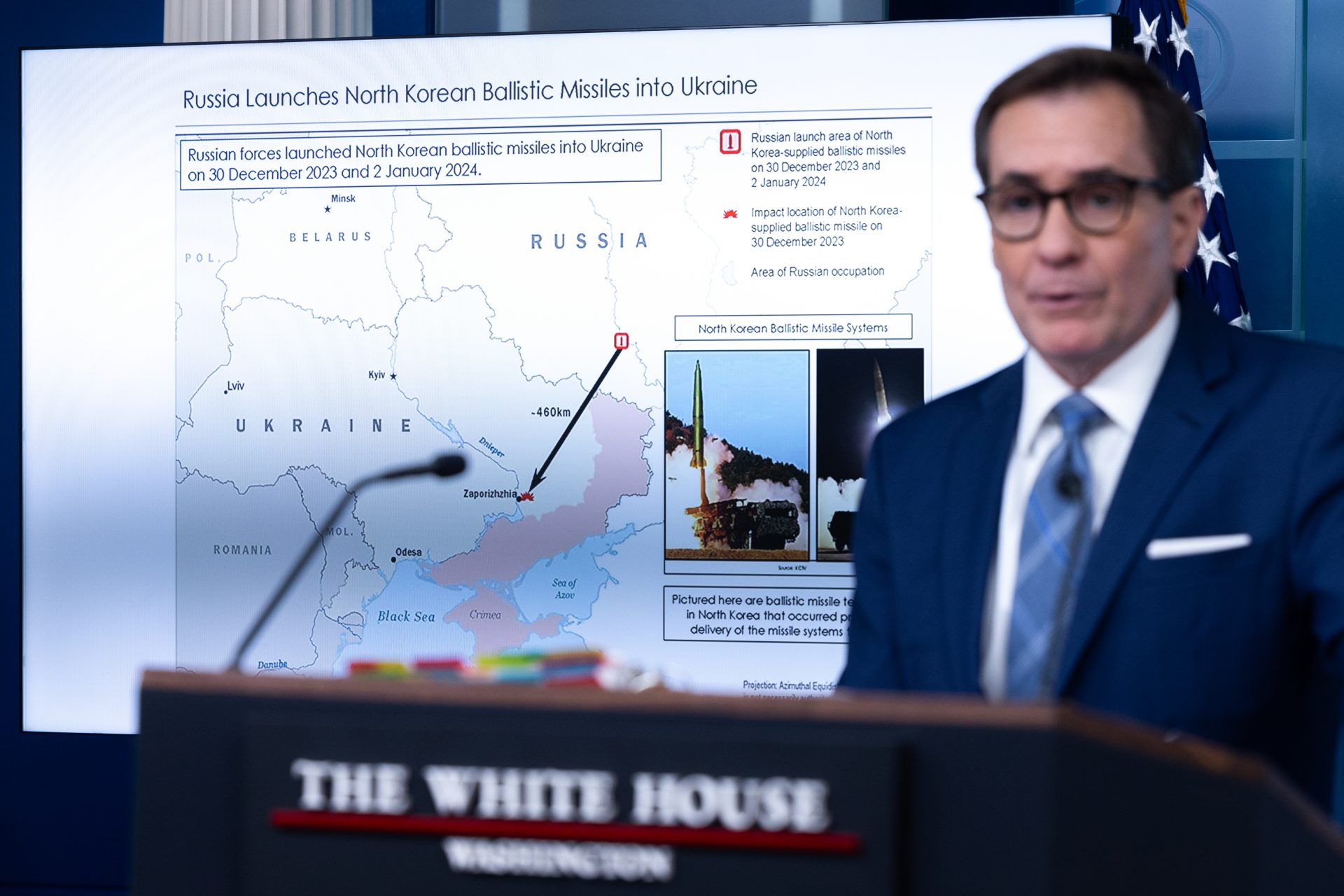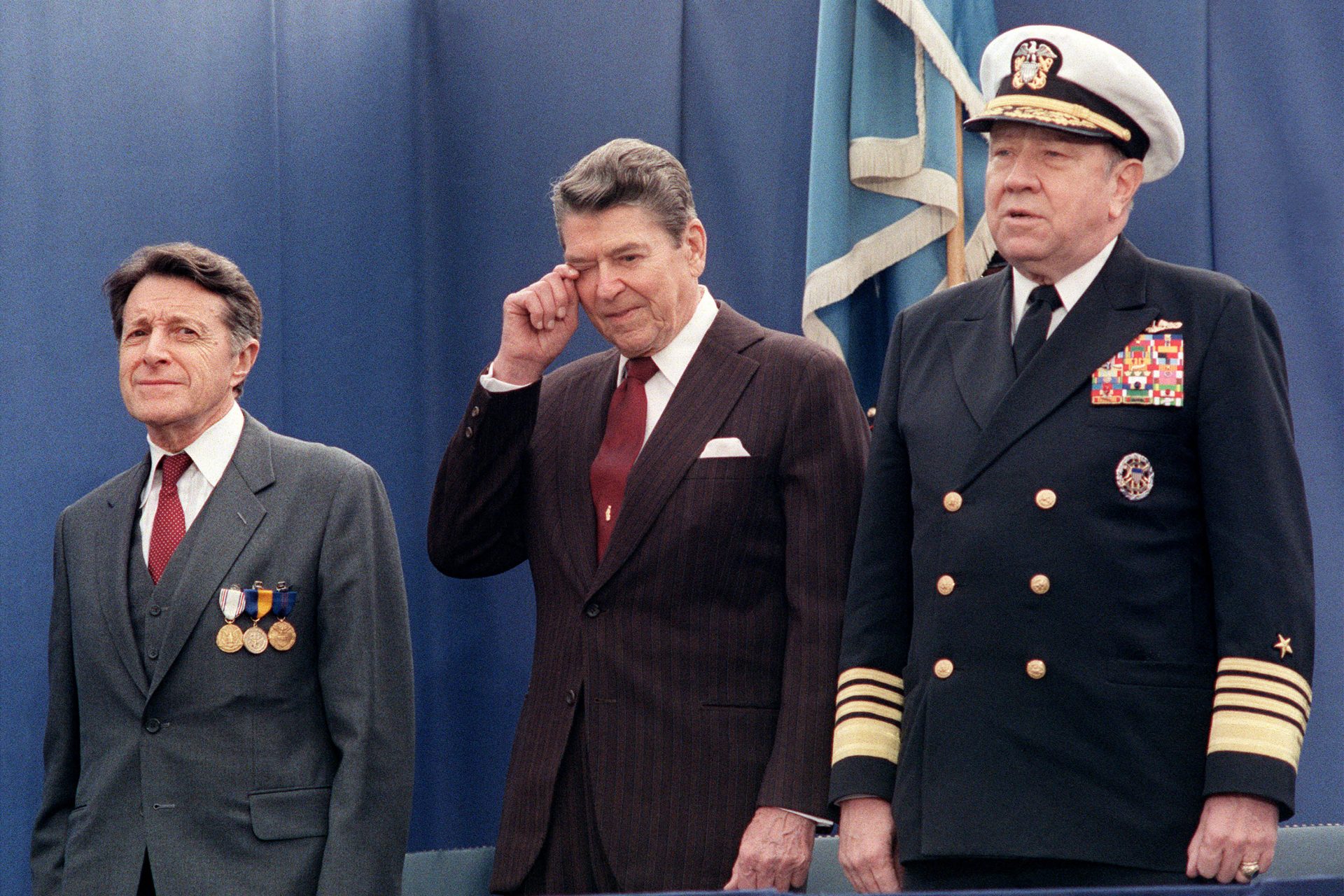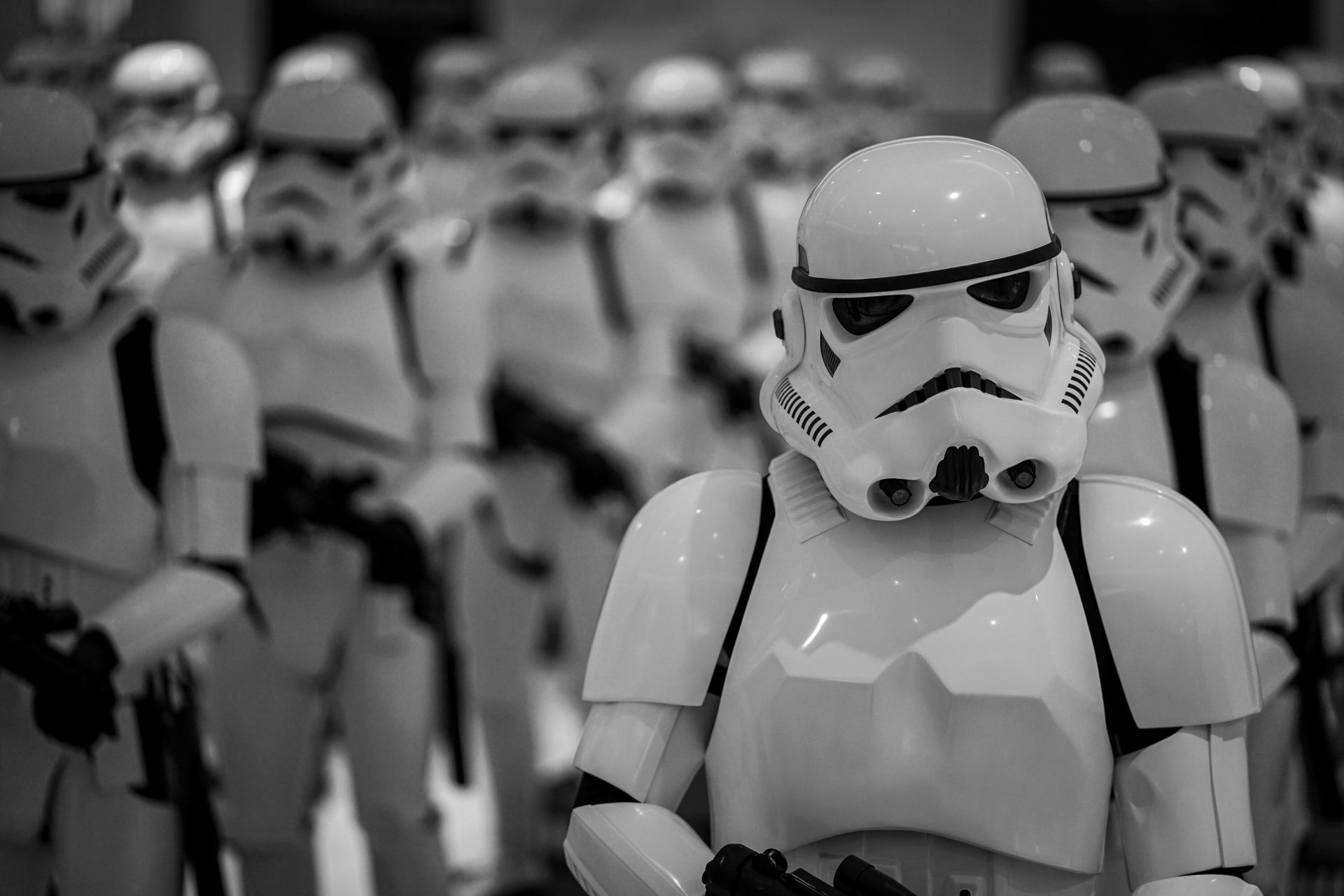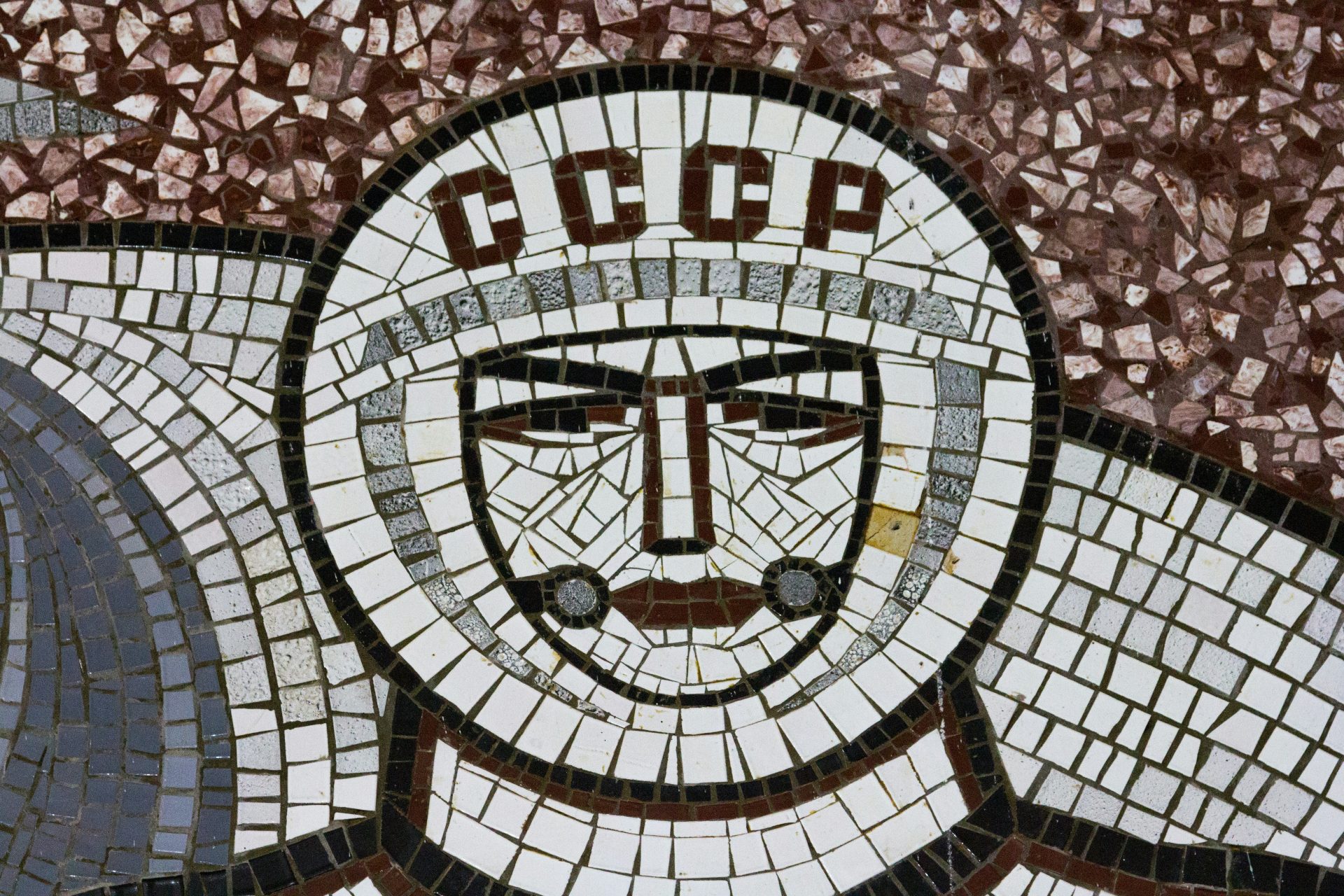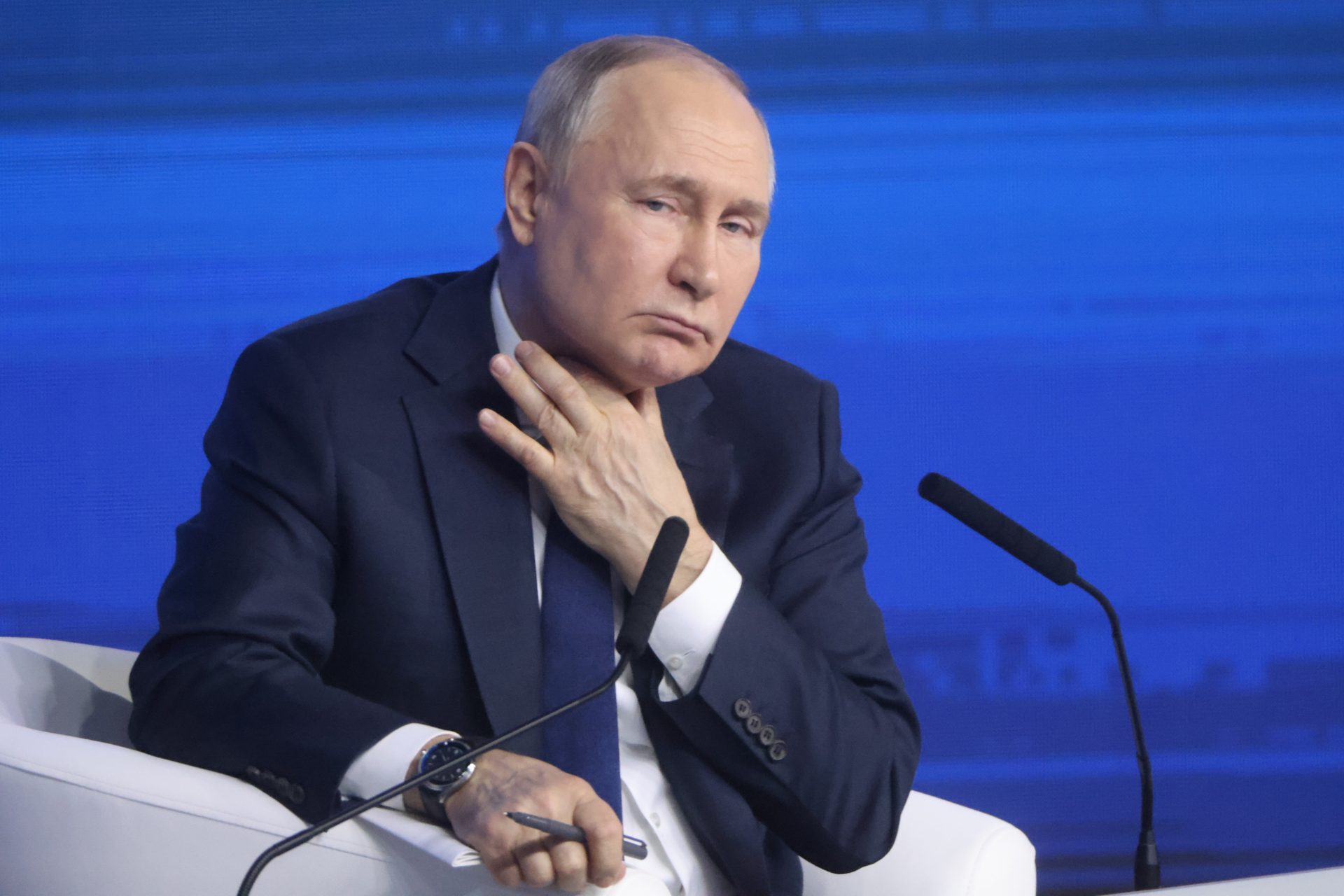Russia's nuclear satellite weapon raises concern in Washington
Space could be the next battlefield, or at least that's what Russia seems to think, according to reports by the White House, made public on February 16.
Several high-ranking US government officials talked of a new Russian weapon that was nuclear, designed to be used in space, which could already be being tested or available.
White House National Security Council spokesman John Kirby (pictured) stated that US intelligence confirmed that Russia is currently developing such a device. According to CNN, Kirby assured that said weapon has an “anti-satellite capability”, admitting that it is “troubling”.
Kirby wanted to make it clear that, as far as US intelligence can tell, the new Russian weapon can only attack targets in space and not launch attacks against Earth.
Image: NASA/Unsplash
Something important to keep in mind is that Russia is still developing this project. Of course, this puts the West in a very tight spot, making communications very vulnerable.
Image: NASA /Unsplash
The Russian weapon could serve to disable space satellites, which could throw Putin's enemies into chaos on so many levels.
Image: NASA/Unsplash
The New York Times described the intel that the United States has about the new Russian space nuclear weapon: “a satellite-killing weapon, if deployed, could destroy civilian communications, surveillance from space and military command-and control operations by the United States and its allies”.
Image: Felipe Simo / Unsplash
According to The New York Times, the United States government has admitted it doesn't have anything to counter a possible Russian space attack on its satellites.
Putin seems to be betting on Russian military supremacy of space, something that, in principle, deviates how international diplomacy has been carried on space thus far.
In 1967, the governments of Washington and Moscow promoted the Outer Space Treaty, which bounds its members not to weaponize space. On the map, in green (and yellow), the 110 countries that have signed it so far.
Image: From WillemBK (talk) - Map: File:BlankMap-World-Microstates.svgData: UNOOSA (2020). Status of International Agreements relating to activities in outer space as at 1 January 2020 (in en) 5-10., Public domain
White House spokesman John Kirby insists it is not an “immediate threat” and people should remain calm, as Russia develops space nuclear weapons.
Space as a battlefield is an idea that has been around since the latter years of the Cold War. Back in the 1980s, US President Ronald Reagan promoted the Strategic Defense Initiative, as known as the “Star Wars Program”.
Back in 1983, the Reagan Administration developed the Strategic Defense Initiative in face of a possible confrontation with the Soviet Union.
At the time, George Lucas's highly-influential science fiction saga was becoming one of the biggest cultural and financial phenomenons in Hollywood, and Reagan's project soon earned the nickname 'Star Wars'.
Image: Agnieszka Stankiewicz / Unsplash
Reagan's space war dreams didn't come to fruition, but it still served its purpose: Star Wars strained the USSR, which couldn't create a Soviet equivalent. Ultimately, economical and organizational limitations to compete against the US contributed to Gorbachev's 'Perestroika'.
Image: Soviet Artefacts / Unsplash
What Putin's space gambit makes clear is that the Russian President won't slow down his escalation against the West. The Kremlin wants to be prepared for a massive confrontation, and NATO seems to be the most likely contender.
More for you
Top Stories




